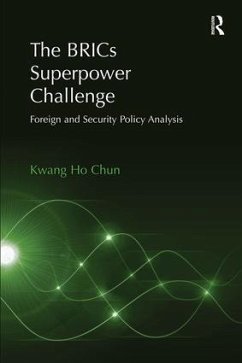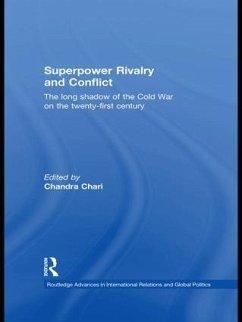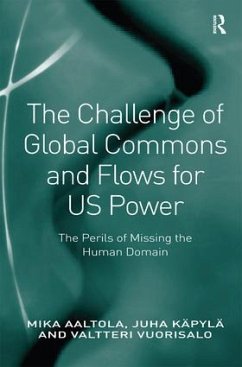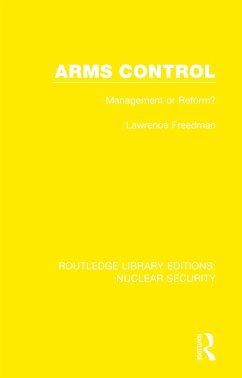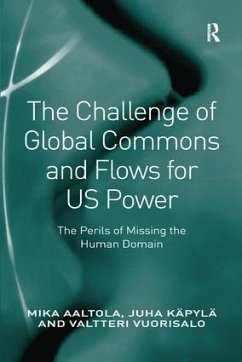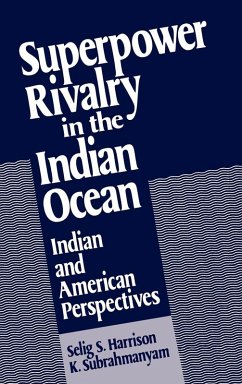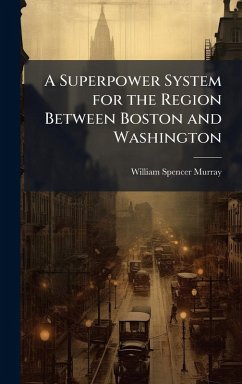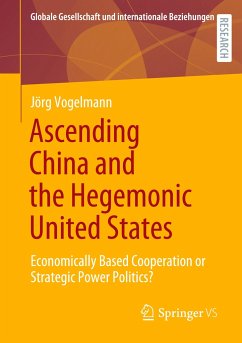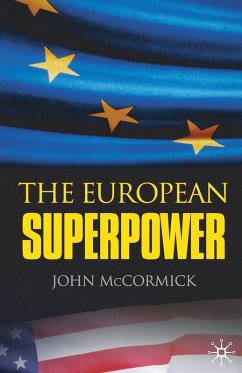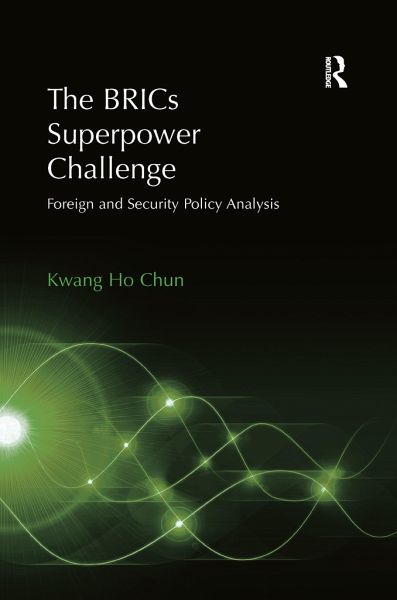
The BRICs Superpower Challenge
Foreign and Security Policy Analysis
Versandkostenfrei!
Versandfertig in 1-2 Wochen
22,99 €
inkl. MwSt.
Weitere Ausgaben:

PAYBACK Punkte
11 °P sammeln!
In an imaginative and interesting way, Kwang Ho Chun seeks to capture the dynamics of the changing international system and the prospects for a change in the international distribution of power. The idea that new superpowers could rise and that some of the BRICs (Brazil, Russia, India and China) could be such superpowers, is particularly intriguing and the main idea explored in this study. In line with neo-realist approaches, this book argues that in a unipolar world competitors will rise to challenge the global hegemon. As the power profiles of the BRICs rise and they gain greater control of ...
In an imaginative and interesting way, Kwang Ho Chun seeks to capture the dynamics of the changing international system and the prospects for a change in the international distribution of power. The idea that new superpowers could rise and that some of the BRICs (Brazil, Russia, India and China) could be such superpowers, is particularly intriguing and the main idea explored in this study. In line with neo-realist approaches, this book argues that in a unipolar world competitors will rise to challenge the global hegemon. As the power profiles of the BRICs rise and they gain greater control of geo-global politics, they are likely to attain significant regional dominance among other regional powers although their underdeveloped tradition of hard power and internal challenges could prevent them from gaining superpower status. This book captures the dynamics of the changing international system and the prospects for a change in the international distribution of power.





